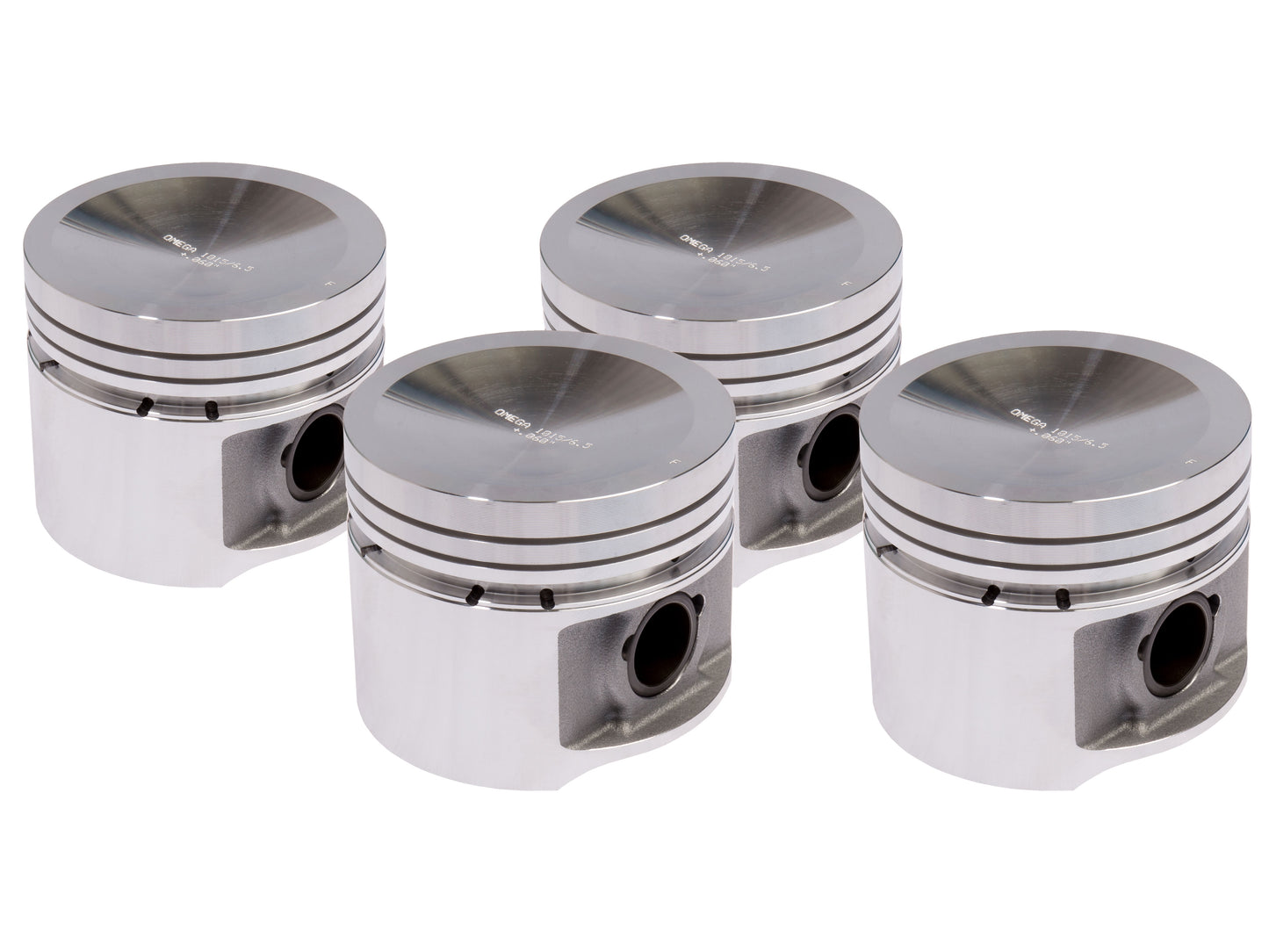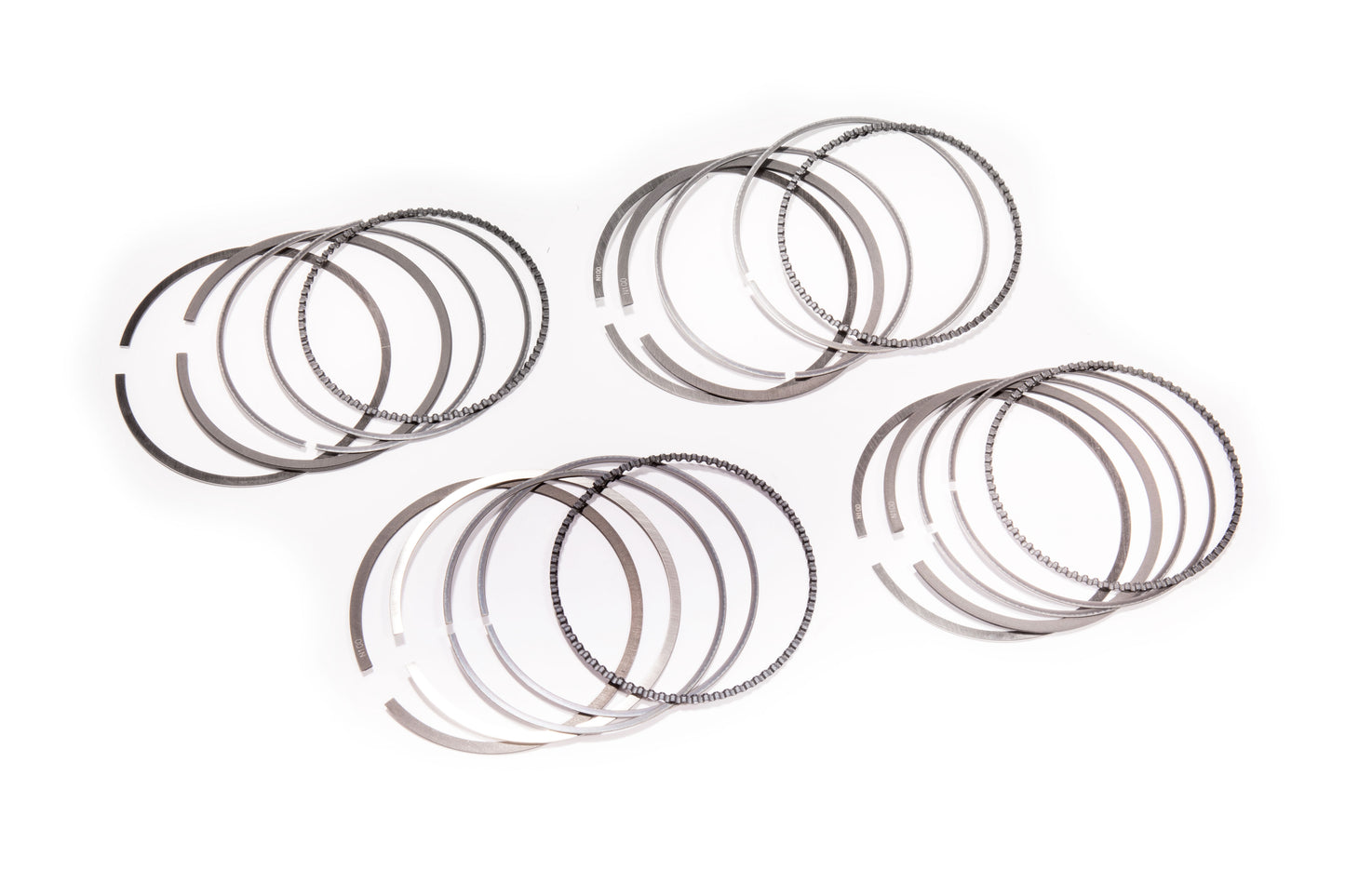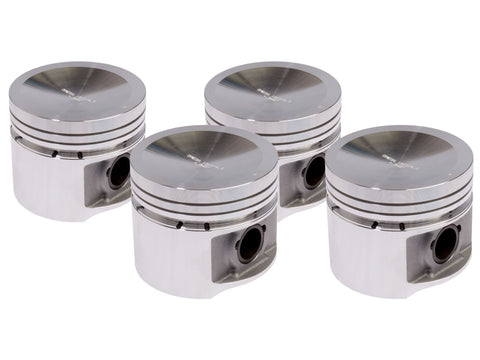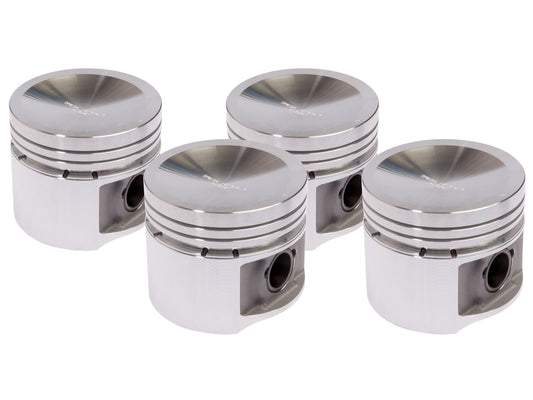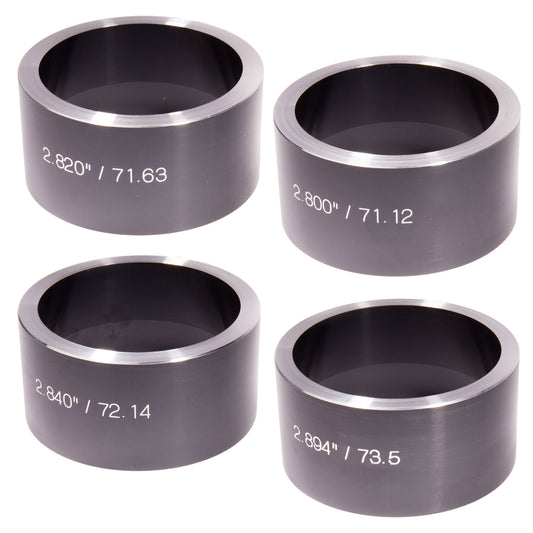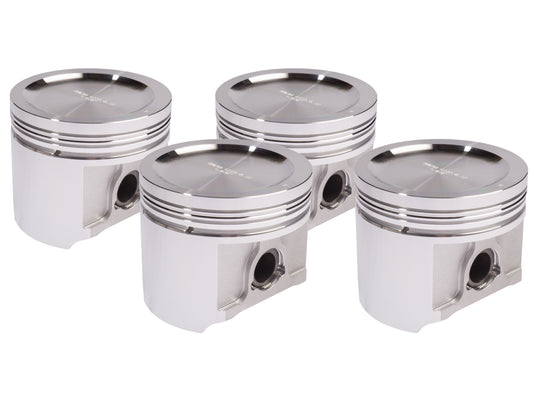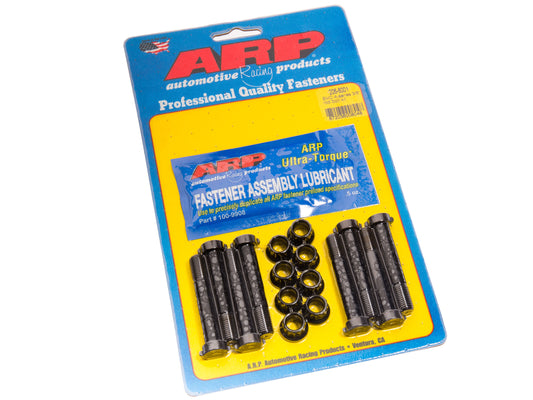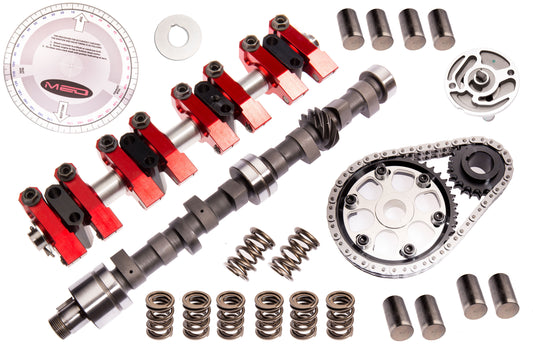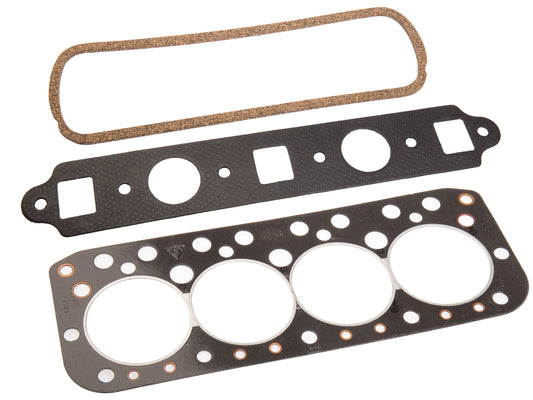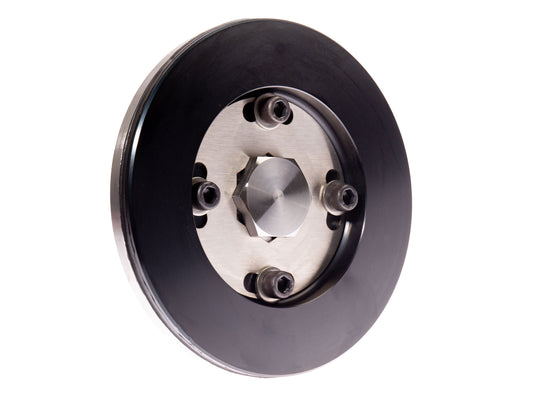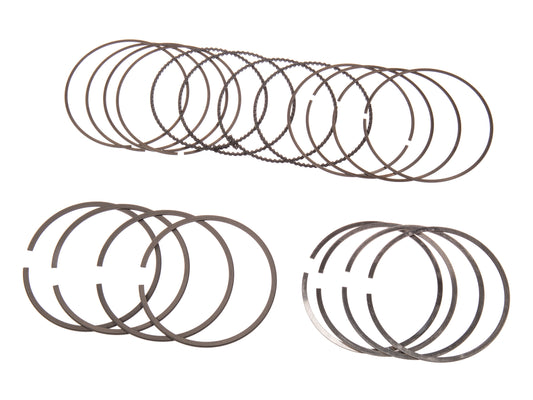OMEGA DIECAST PISTONS - PLUS 060

Description
The MED/Omega plus-0.060" (2.840" or 72.14mm) diecast pistons are now even lighter than the original and are ideal for any A-Series engine running a static compression ratio upto 11:1.
Supplied as a balanced set of four with gudgeon pins and piston rings, which are also available separately if you require spares.
Tech spec
- Flat top or 6.5cc dish crown options
- Made in the UK exclusively for MED
- Standard 1.498" compression height
- Standard diameter 20.6mm (13/16") press-fit gudgeon pins
- Optional short pins and clips for fully-floating little ends
- Will create a 1330cc engine with an 81.33mm stroke crankshaft
Please see the Additional Information tab for more detail and advice.
For full competition usage we would recommend upgrading to Omega forged pistons.
We would also highly recommend purchasing an MED piston installation tool for trouble-free insertion to the bores.

Additional Information
Diecast vs forged
Diecasting is a more affordable construction method compared to forging. In general, alloy castings are not as strong as forgings, so the diecast pistons tend to weigh more to retain high strength.
However, Omega cast pistons have been used very successfully for decades in all manner of A-Series engines, from daily drivers to competition cars. Do not confuse these pistons for standard factory-spec cast items - they are still a very high performance piston, CNC machined to the same exacting standards as the forged Omegas.
As a general rule, opt for forged pistons if you wish to exceed a static compression ratio of 11:1, have a very high performance engine or wish to run high boost levels on a forced induction setup.
Gudgeon pin size
All diecast Omega pistons utilise a standard diameter 20.6mm (13/16") gudgeon pin. We can supply shorter pins and retaining clips if you wish to convert to a floating setup.
Our forged pistons mostly use a smaller, lighter 18mm diameter pin.
Custom A-Series pistons
Unfortunately we are not able to produce custom one-off pistons, due to the initial drawing and tooling costs involved. However we do stock a very wide range of pistons to suit the vast majority of 1275-based engine builds.
Production process
This process requires the melting of a special high-silicon alloy in an electric furnace with extremely closely controlled temperature. The molten alloy is then poured into a multi-piece die, producing a very accurately shaped piston casting.
The casting die is manufactured so that when the metal has solidified, the various pieces of the die can be extracted one by one. This means that undercuts and reliefs can be produced in the casting to reduce the piston weight.
Frequently Asked Questions
What is the recommended bore clearance and piston ring gap?

For a mild road engine build we would recommend a skirt clearance of 0.0025", increasing to 0.003" for higher performance usage. The largest diameter of the piston should measured with a micrometer, 90-degrees to the gudgeon pin, three quarters of the way down the skirt. The recommended ring gap (top and second ring only) is 0.010-0.012".
Is there a recommended bore finish?

Yes, we suggest plateau honing with a cross hatch angle of 35-40 degrees. After honing with either conventional (#220 - #280 grit) or diamond stone (#325 - #550 grit), finish by smoothing the surface with a fine-grit conventional abrasive (#400 - #600 grit) or sweep the bores with a flexible brush or a nylon bristle plateau honing tool. This is necessary to get rid of jagged peaks and folded and torn material. Your machine shop may have different preferences.
Which conrods do these pistons suit?

These are designed to be press-fitted onto standard production conrods for the 1275 A-Series engine. That includes Cooper S, Midget, 1275 GT and all A+ engines, plus SPi and MPi. If you have aftermarket steel conrods with the little ends bushed to accept a 13/16" (20.6mm) pin, select the 'Floating pins and clips.' These pistons will not fit conrods with 18mm little ends; for these conrods you will need a set of forged Omega pistons.
What's meant by 'floating pins and clips'?

This gives the option to run a fully-floating gudgeon pin in the conrod little end, if your conrods are fitted with a suitable bush. So rather than being fixed in place, the pins can move and rotate, with the piston held to the pin by a pair of wire clips. The fully-floating setup is preferred by race engine builders for ease of assembly/disassembly, while there is also less chance of damaging the pistons on assembly. The downside is that we do not keep little end bushes for these standard 20.6mm (13/16") pins, so these will need to be custom made to suit.
What is the compression height and diameter of these pistons?

These are made to the standard 1275 A-Series compression height of 1.498". At 0.060" oversize, the 1275 engine bore size is 2.840" (72.14mm), but these pistons are sized with skirt clearance in mind, so they will be nominally smaller than the bore.
Can you tell me what compression ratio these pistons will give?

The pistons are only one part of the equation, so it would be inaccurate to supply a static compression ratio figure without knowing more information on the engine build. If you can email us with the cylinder head chamber volume, head gasket type and the deck clearance figures, we will be able to calculate this for you, and make further recommendations.
Are these only suitable for road engines, or can I use them in a race engine?

Not all diecast pistons are created equal, and the Omega diecast are perfectly well suited to mild competition use, as well as near-standard road engine builds. An Omega forged piston will be stronger and lighter, so we would always upgrade to the more race-orientated pistons when using sustained high RPM levels and compression ratios exceeding 11:1.
How much do these pistons weigh?

The +60 Omega diecast A-Series piston with a flat top weighs in the region of 378g, including the piston ring pack and standard length gudgeon pin. The 6.5cc dish option weighs closer to 366g. Each boxed set is weight matched within 0.5g. The piston weight may vary from one production batch to another, so please contact us at the time of order for the most accurate measurement.
Related Products
